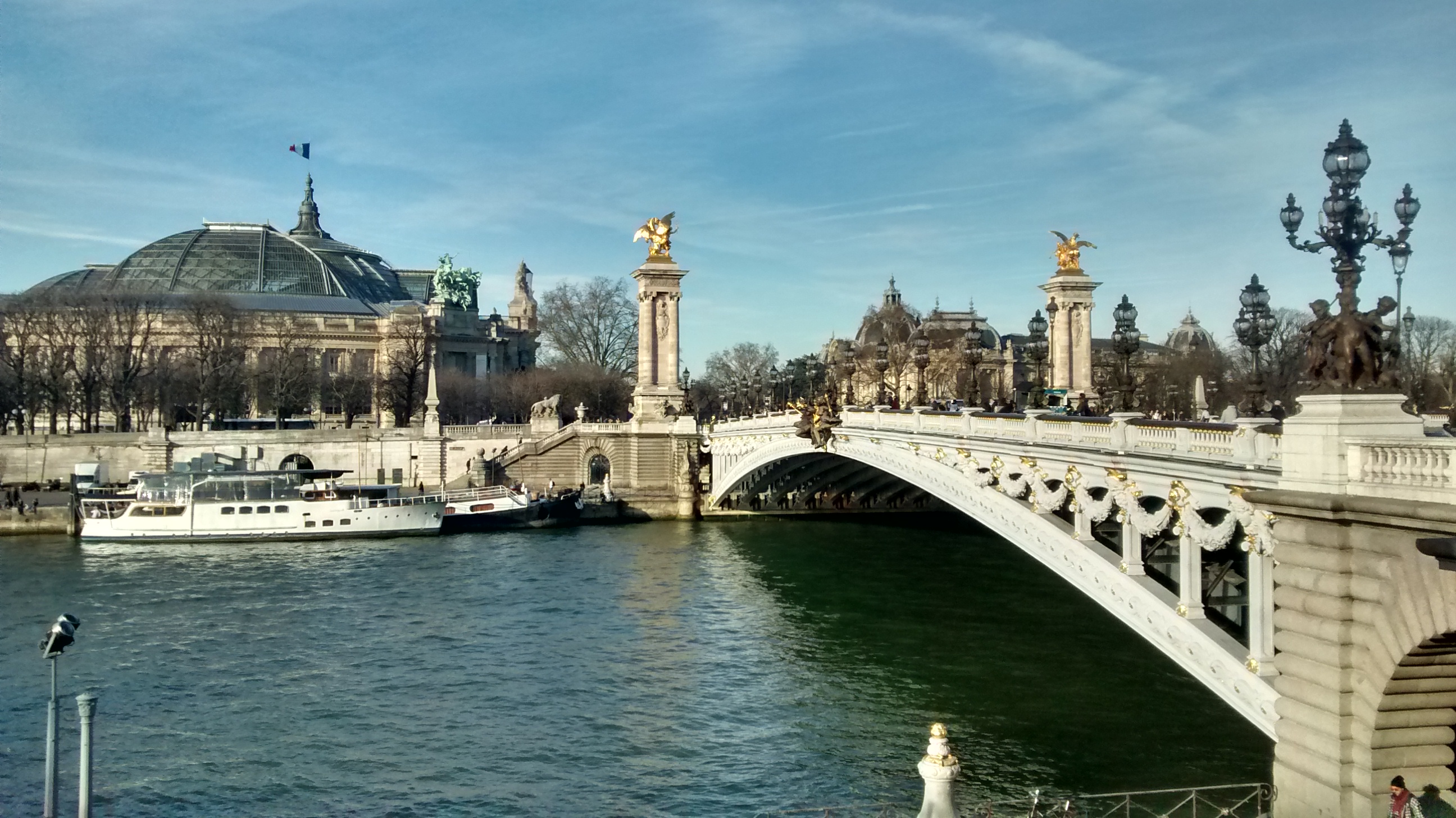Luke Deamer is a doctoral practitioner in sustainability sponsored by Keller plc, the world’s largest geotechnical specialist contractor. He is 5 months in to his research, investigating how to improve the sustainability of geotechnical engineering.
A large part of my research is understanding what drivers and barriers exist for sustainability in geotechnical engineering. As part of this, I have begun collaborating with various stakeholders in the geotechnical sector, investigating what they prioritise in terms of sustainability. Therefore, when I was given the chance to attend the European Federation of Foundation Contractors (EFFC) sustainability working group, I jumped at the opportunity.
I thought this meeting would be a great way to learn what sustainability initiatives the sector are currently working on, helping me make connections with other geotechnical companies and potentially expanding the reach of my research.
What’s more, this meeting took place in central Paris. Since Keller sent me out to Paris the day before the meeting, I was lucky enough to explore the city, see some of the sites and sample the French cuisine.
The next day I took the metro to the meeting on the Champs-Élysées; from our meeting room, I was greeted with views of the Arc de Triomphe and the Eiffel tower. Around 12 representatives from national federations made up the meeting, representing multiple countries from across Europe. After brief introductions, I was asked by the chairman if I would present my research and current findings. Of course, given such an opportunity, I had to say yes.
Presenting can be daunting, especially without any preparation and in front of such an experienced industry group. However, this kind of ‘off-the-cuff’ presentation was a strong focus of my PDS training programme. Whether a literature review update, a specific journal paper or the findings of a group discussion, I must have presented at least twice a week during the 3-months of training.
Surprisingly, my 15 minute presentation was actually enjoyable, prompting questions and interest from the working group. Perhaps more importantly though, it started discussions among the group about my research, spreading into the other tabled agenda items of the day.
The focus of the EFFC sustainability working group is actually very similar to my own research. Collectively, the group is keen to adopt a holistic view of sustainability and investigate the largest impacts of the sector. Likewise, we decided to create sub-groups to educate and learn the priorities of different stakeholders; this stakeholder analysis could potentially feed directly into my research.
Above anything else though, it was great just to speak with people in the sector who share an interest in sustainability. Hearing about the innovation and experience of the EFFC members was fascinating; some members of the working group developed the first ever embodied carbon calculator for geotechnical solutions.
Overall, it was a great two days in Paris. I learnt a lot about the EFFC as well as how perspectives on sustainability differ between countries and companies. Reassuringly, it also showed how much I have learnt so far, that I could be part of the discussion and present ideas to the group.
At the end of the session, I was asked to write a brief report for the EFFC; this report will introduce some core concepts of sustainability, for the rest of the group to read ahead of the next meeting. I am excited for what this next meeting might hold; who knows, maybe I will be asked to give another presentation.
Thank you to Martin Stanley at Bachy Soletanche and the Federation of Piling Specialists for giving me the opportunity to attend the meeting. A big thank you also to Keller for preparing and funding my trip to the meeting. Finally, thank you to my supervisors, to Jim De Waele for preparing me for the meeting and of course Jaqi Lee and Chris France, for the 3 month training that prepared me for off-the-cuff presentations!

